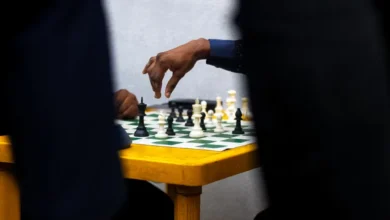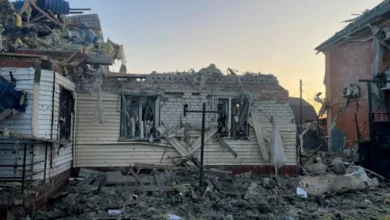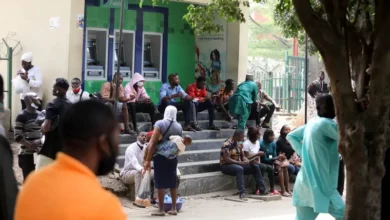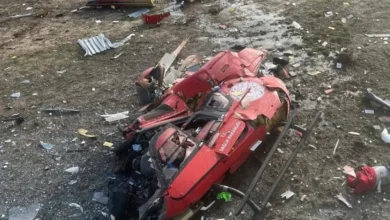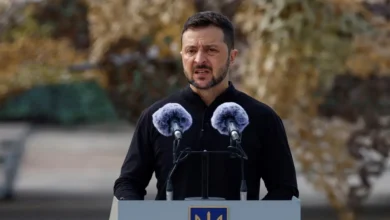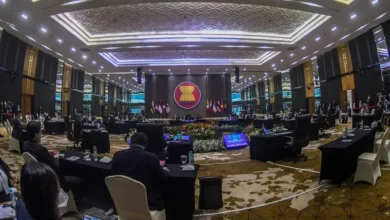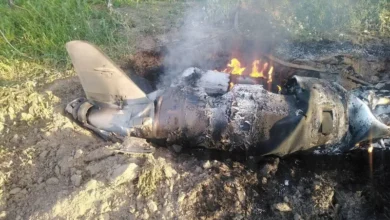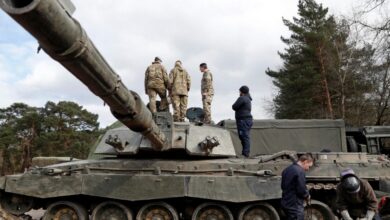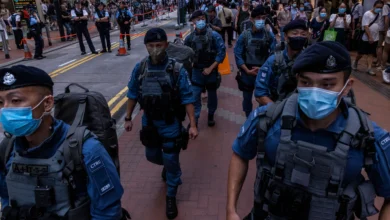Aid will enter Sudan by two routes, mediators say
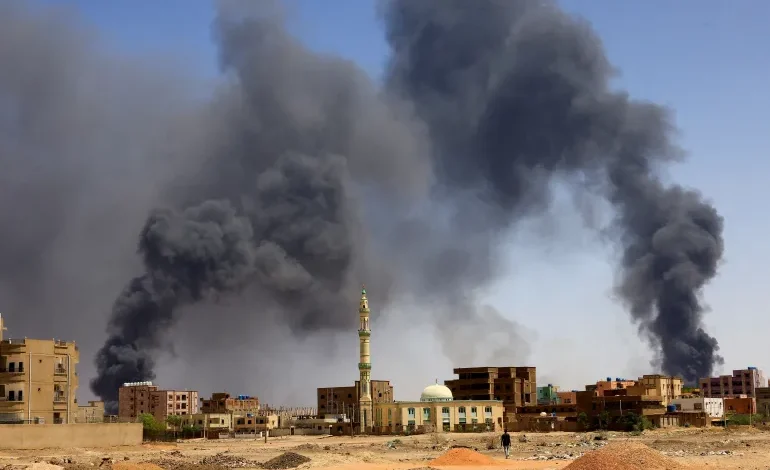
Sudan’s warring parties have ended peace talks in Switzerland by agreeing to improve access for humanitarian aid, with two routes identified to ensure the flow of resources to civilians.
But mediators at the peace talks noted that the Sudanese army’s absence from the discussions hindered progress in the discussions to end the country’s 16-month-long war.
Friday marked the conclusion of the 10-day peace talks, led by the United States in the Swiss city of Geneva.
During the talks, a group of mediators representing countries like Saudi Arabia, Egypt and the United Arab Emirates tried to negotiate more aid and protection for Sudanese civilians facing famine, mass displacement and disease.
The mediators have dubbed themselves the “Aligned for Advancing Lifesaving and Peace in Sudan (ALPS) Group”, and on Friday, they announced they had secured promises to let aid flow into Sudan through two areas.
One was the Adre border crossing with Chad, which leads into the Darfur region. The other was along the Dabbah Road from Port Sudan on the Red Sea.
The mediators also reported progress towards opening another route through the Sennar Junction.
“Aid trucks are on the road to provide famine relief in Zamzam Camp and other parts of Darfur,” a joint statement from the meditators said.
“These routes must remain open and safe so we can surge aid into Darfur and begin to turn the tide against famine. Food and starvation cannot be used as a weapon of war.”
US Sudan envoy Tom Perriello told a press conference in Geneva: “We hope that this will be a source of momentum for much bigger steps and progress down the road.”
In the months since, 10.7 million people have fled their homes, and tens of thousands have died. The United Nations agency the World Food Programme has also declared an emergency in the region.
An estimated 25.6 million residents face acute hunger, according to the agency, while famine has been confirmed in the Zamzam displacement camp, part of the North Darfur region. A further 13 areas remain “at risk of famine”.
Cameron Hudson, a senior fellow for the Center for Strategic and International Studies in Washington, DC, expressed cautious optimism about the peace talks in an interview with Al Jazeera. He described Friday’s announcement as a “trust but verify” scenario.
“The border is open today. It could be closed tomorrow. We have seen both resistance from the RSF and the SAF, but also confusion among both sides about how to authorise these [aid shipments],” he said.
“So it’s a very disorganised situation both on the borders and on that route of several hundred miles — going from the borders to the internally displaced peoples’ camps, where they are trying to get food aid to.”
However, on Friday, the mediation group said the talks had worked to advance the protection of civilians caught up in the conflict.
“We have urged both parties, and received the RSF’s commitment, to issue command directives to all fighters throughout their ranks to refrain from violations, including violence against women or children, the use of starvation or checkpoints for exploitation, and attacks on humanitarian operations and essential services,” the mediators said in their statement.
But despite intense diplomatic lobbying, Sudan’s army did not send a formal delegation to Switzerland, hindering the progress of the peace talks.
“Though we were in consistent communication with SAF [Sudanese Armed Forces] virtually, we regret their decision not to be present, and we believe that limited our ability to make more substantial progress towards key issues, particularly a national cessation of hostilities,” the mediators wrote.
Perriello said in a subsequent interview that Sudan’s army chief Abdel Fattah al-Burhan had been open to participating in the talks but that there were “very negative political forces that are kneecapping” him.
But Hudson at the Center for Strategic and International Studies said that the international community has failed to exert the necessary pressure to ensure decisive action in Sudan.
“We’ve brought no leverage,” he told Al Jazeera. “We’re essentially appealing to their better angels to respect humanitarian law, to respect the rules of war.”
But those kinds of appeals, he explained, are unlikely to spur action in a war as intense as the one Sudan faces.
“These are two armies that are caught in a pitched, existential battle. The last thing that they’re interested in is respecting agreements that they don’t see themselves as parties to,” he said.
“So I think the only thing that’s going to change their outlook is if we bring real pressure to bear — if there are consequences for not showing up in Geneva,” he explained, offering sanctions and prosecutions as examples.
